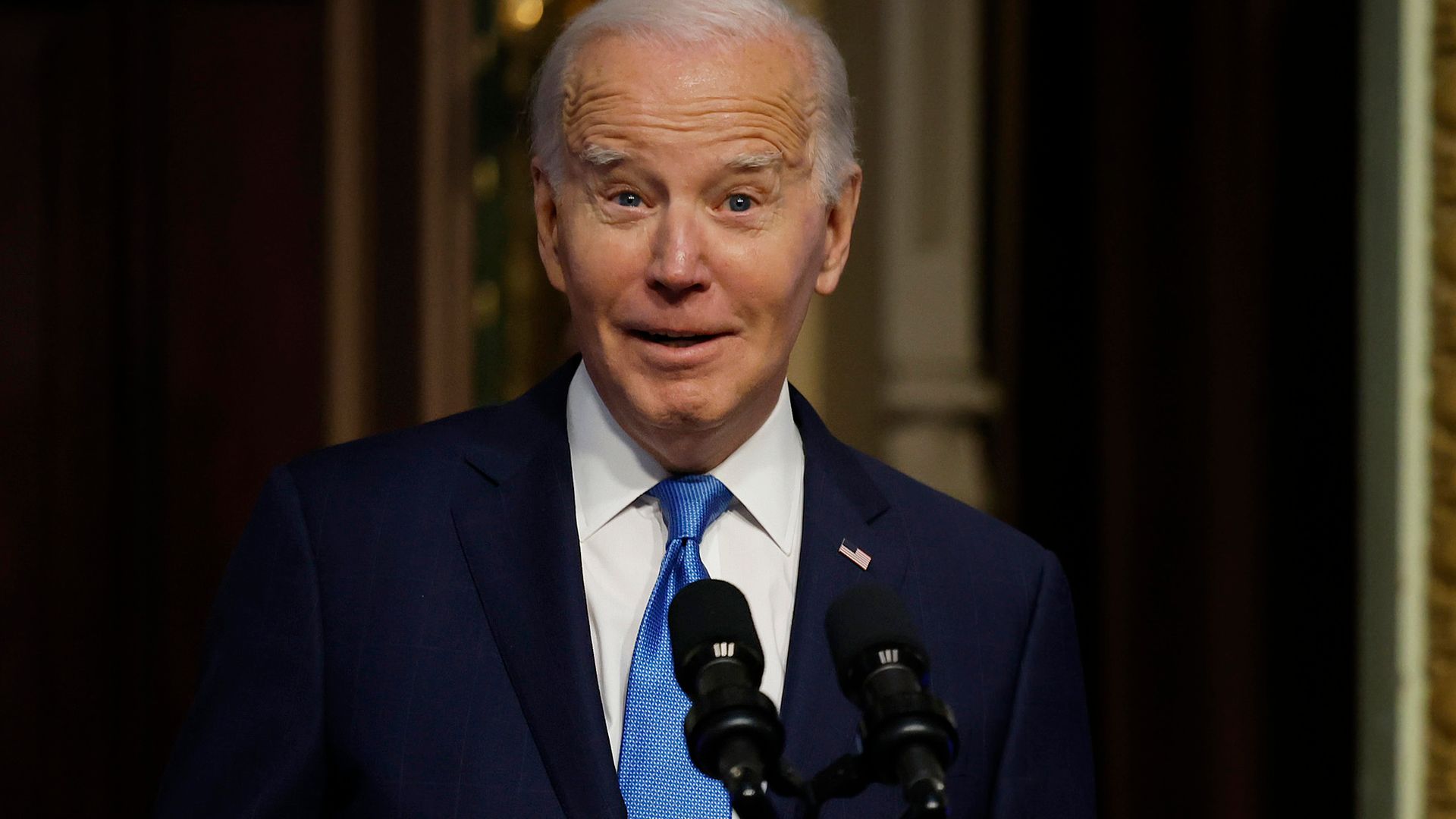
[Ray Bogan]
Can President Biden cut a deal with Congressional Republicans on immigration reform? That’s the question floating around Washington as lawmakers on both sides of the aisle work to push through a supplemental funding bill to provide aid to Ukraine, Israel and the Indo-Pacific region as well as beef up US border security. The total cost of the package is $110 billion.
Republicans are demanding asylum and other immigration reforms be included, so President Biden is making some concessions. According to the AP, the president is considering halting asylum applications on days when illegal border crossings surpass 5,000 people. Lately there have been many days when the number surpasses 10,000. Republicans also want to increase the threshold to pass an initial asylum screening.
To summarize the views in Congress – moderates in both parties appear to be on board while the most progressive Democrats and conservative Republicans are not.
Here’s what they told SAN.
Moderate Democrats say they support President Biden’s effort to make a deal that includes border security measures, but there’s a limit to how far they’ll go.
[Rep Jared Moskowitz, D-Fla.]
“So I’ll support a Ukraine, Israel, border deal, right, so long as that it solves issues at the borders without it being punitive of specific minority groups. But I’m ready to make a deal.”
[Rep. Eric Swalwell, D-Calif.]
“I want to see, you know, as much security at the border as possible. I also understand that we’re a compassionate country. And we recognize people come here with legitimate claims, and I want to be able to process that.”
[Ray Bogan]
Republicans SAN spoke with fell into two camps. There are those who won’t support anything short of HR2, the House Republicans signature border bill, and who won’t vote for Ukraine aid without equal cuts elsewhere.
[Rep. Ralph Norman, R-S.C.]
“If both of them move forward I wouldn’t support it. We don’t, the asylum, and I’m not for Ukraine without offsets. We’ve made that clear from day one. You got to have offsets. And we have not had that. So we just add to the debt.”
[Ray Bogan]
Then there are Republicans who already support aid to Ukraine and Israel, and see the added border security as a win-win-win.
[Rep. Carlos Gimenez, R-FL]
“I’m always been for aid to Ukraine, and the fact that we’re gonna get enhanced border security is, you know, for me is also good.”
[Ray Bogan]
Progressive Democrats, led by Congresswoman Pramila Jayapal are not happy. They said in a statement: “Republicans are still trying to force their anti-immigrant policies into the legislation. Progressives are clear: we will not play this game.”
[Ray Bogan]
So while progressives and conservatives are not ready to support what’s being proposed, moderates in both parties are, which typically leads to a bill passing on an overwhelmingly bipartisan basis. Straight from DC, I’m Ray Bogan.







